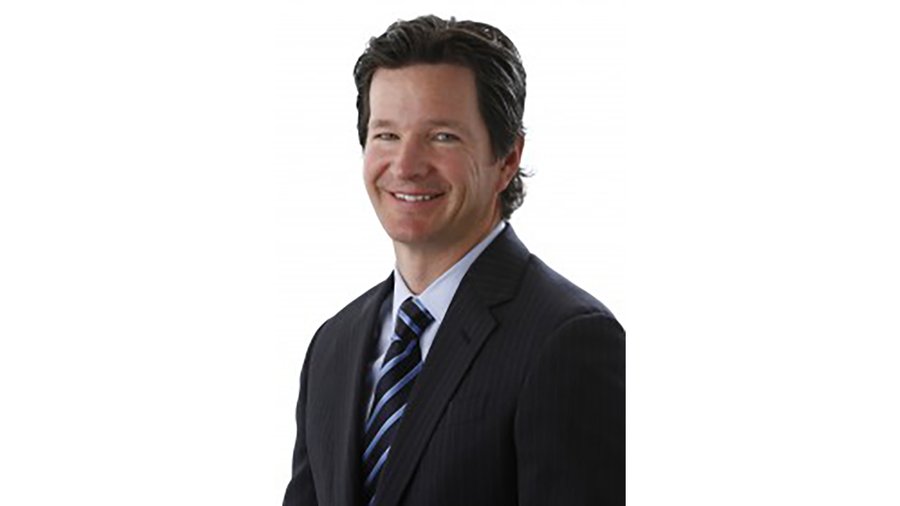Listen to this article 6 min
A federal court could consolidate more than a dozen lawsuits against Cooper Cos. that claim a manufacturing screw-up by the San Ramon company caused the destruction of scores of embryos during IVF treatments.
At least 14 cases have been filed against the CooperSurgical unit of 15,000-employee Cooper Cos. (NASDAQ: COO). Judge Jon Tigar of U.S. District Court for Northern California in Oakland last week said a single joint case management statement is due by the end of this month.
The lawsuits are similar in their tales of couples who sought to use IVF, or in vitro fertilization, to harvest one partner's eggs that then are fertilized by sperm and submerged in media in a petri dish to develop into embryos. Typically, when embryos of sufficient quality develop over five or six days, they are transferred into the uterus or frozen for future use.
The embryo culture balances multiple ingredients — carbohydrates, amino acids, vitamins, magnesium and other factors — to help delicate, fertilized embryos grow. But, some of the lawsuits allege, CooperSurgical's recipe was thrown off when it failed to adequately monitor its manufacturing process and refill its magnesium hopper.
One North Carolina couple said in a lawsuit filed last week that 27 eggs were retrieved and 13 were fertilized and placed in culture media. Weeks later the couple was "shattered" when their fertility clinic told them that their "precious, irreplaceable embryos" had been placed in defective media and failed to develop.
CooperSurgical issued a recall in December for three lots of media.
The Food and Drug Administration estimated in February that 994 bottles, each of which could be used in multiple IVF procedures, were shipped. Some 481 bottles were purchased by clinics in the United States, according to the FDA.
Authorities and the company haven't said how many were bottles were used.
Cooper Cos. did not immediately return an email seeking comment for this story.
Assisted reproductive technologies, such as IVF, have evolved over more than 45 years from doctor-created formulations to a consolidated industry with roughly $26 billion in annual revenue.
Cooper Cos. has been one of the more aggressive players, rolling up women's health companies to help it expand beyond its signature contact lens business. The company reported revenue of $3.6 billion for the fiscal year ended Oct. 31, with CooperSurgical representing a little less than a third of that total.
At the J.P. Morgan Healthcare Conference in January, Cooper Cos. President and CEO Al White III called the fertility market "fantastic." Fertility is 40% of the company's women's health business, he said.
"I believe we're going to continue to put up strong fertility growth moving forward," White said in a Feb. 29 conference call with analysts.





